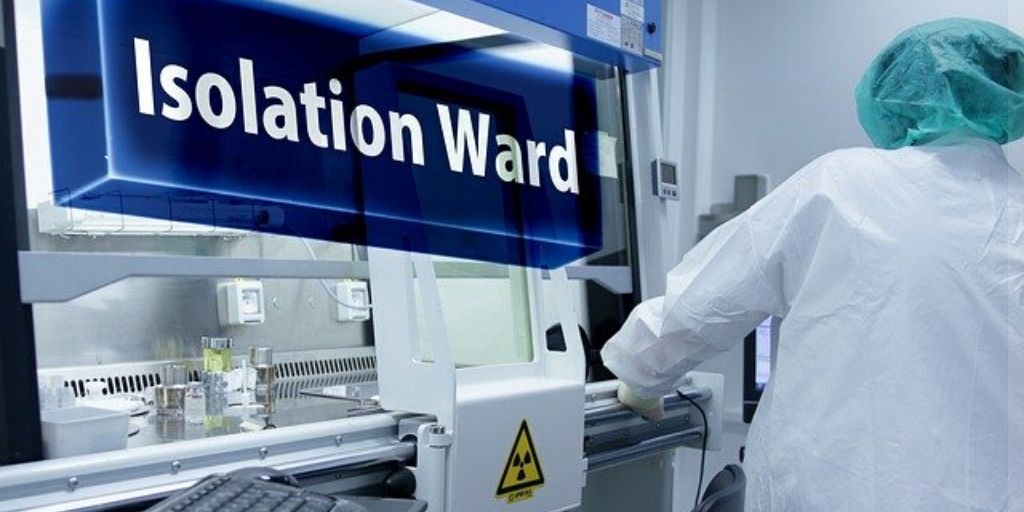
Mobile signal boosters facilitate uninterrupted voice and data coverage in temporary hospitals and other pop up buildings
Mobile telecoms and highspeed internet access are providing society with some semblance of normality during the current health-crisis. As such, there has never been a greater need for reliable 4G coverage in any commercial, residential, or mixed-use building. This holds particularly true for the ‘Nightingale hospitals,’ presently being constructed to aid the UKs effort to control Covid-19.
In light of this, Spry Fox Networks Ltd, a leading supplier of advanced indoor mobile coverage solutions to enhance commercial cellular and public safety services are preparing for a surge in demand for their mobile signal booster product range. The company’s Ofcom-compliant products are poised to help hospital patients and staff keep in contact with family and colleagues now that visiting hours have been reduced.
Providing uninterrupted mobile coverage in high footfall buildings has always been challenging due to their size, layout and complex cabling infrastructures. The problem is often exacerbated by the buildings themselves because their facades hinder the transmission of 4G frequency bands. Implementing supplementary signal boosting technologies to overcome mobile dead spots has historically been challenging due to long implementation times, cost and strict rules about their usage. Fortunately, thanks to a relaxation in the mobile repeater rules by Ofcom, this is no longer the case.
“Now that telecommunications have been declared a critical sector, mobile signal boosters will play a key role in facilitating safety-critical services and to mobilizing outreach teams”, says Stuart Waine, Director of Spry Fox Networks “The only limiting factor is that any deployed system must satisfy certain criteria; it has to be network safe, not interfere with other networks and automatically power down if there is a network conflict.”
Spry Fox Networks is one of the few mobile repeater suppliers in the UK with a comprehensive portfolio of mobile signal boosters that fully satisfy the regulator’s specification pertaining to their usage, making them legal to use on all 3G and 4G networks. Different product types are available depending on building size, location, the number of people to be connected, and the number of networks that need boosting.
As well as enabling hospitals and other NHS facilities to immediately benefit from improved mobile coverage, every installation is equipped with an innovative mobile survey and assurance product, developed in house by Spry Fox Networks, as standard. Known as QuantumPath, this intuitive software tool allows ICT and support personnel to continually monitor the signal strength and quality of all connected networks, as well as voice and data performance, thus maximising ROI and delivering service assurance to all stakeholders. No MNO (Mobile Network Operator) agreement is needed, and systems can be up and running in less than two weeks.
Spry fox Networks has recently installed a high-speed voice and data coverage system at the P&J arena in Aberdeen. The system, which is managed by Aberdeen City Council, was up and running in just a few weeks and is enabling 4G coverage throughout the facility, including underground locations and the large arena, the likes of which are being converted into field hospitals. Spry Fox Networks is also in the process installing a large system at the NHS Scottish National Blood Transfusion Service’s primary location, The Jack Copeland Centre, to provide urgently needed coverage for operations at the centre.












